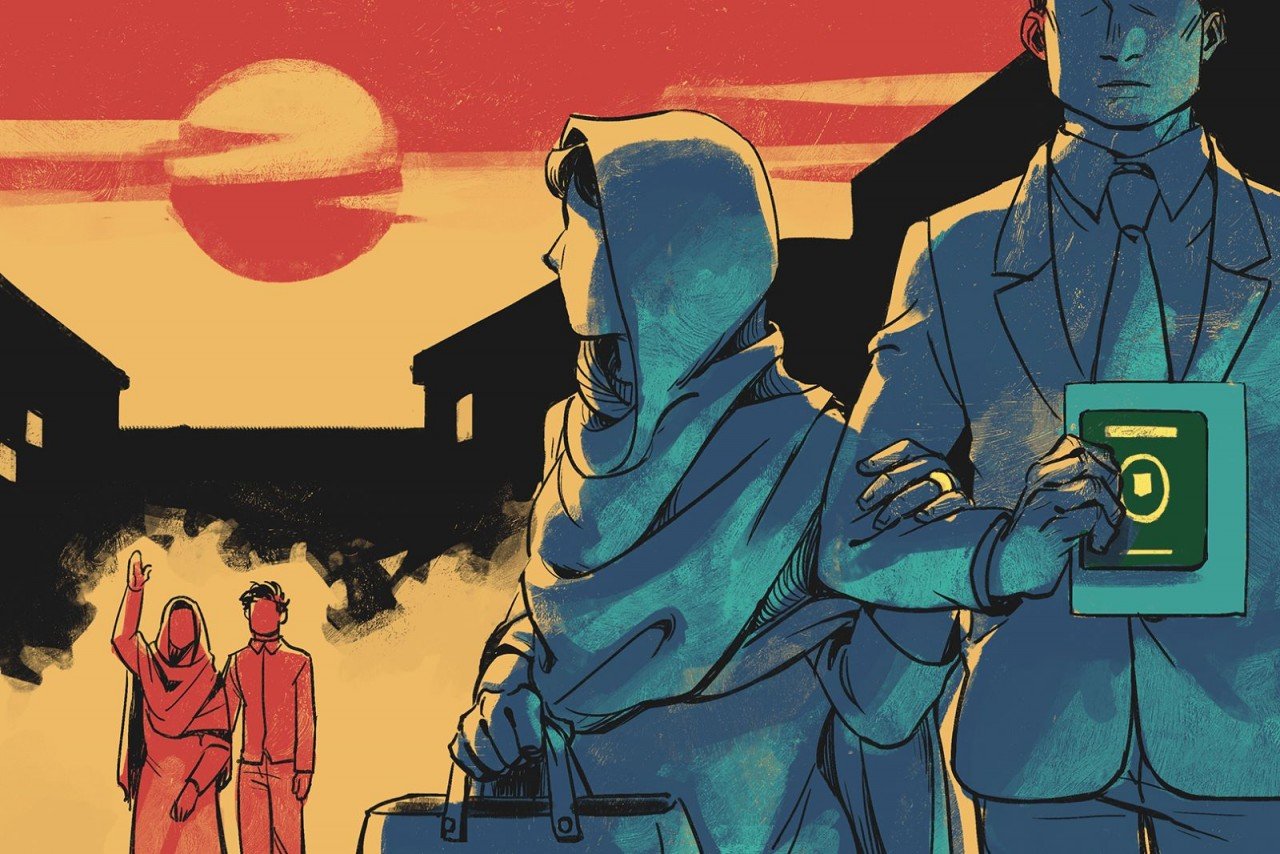 |
| Victims of fraudulent activities face many serious violations and abuses. |
The scale of online fraud in Southeast Asia is difficult to estimate due to its secrecy and gaps in the official response, according to a report released by the United Nations Human Rights Office on August 29. Reliable sources indicate that at least 120,000 people across Myanmar and around 100,000 in Cambodia may be caught up in scams – ranging from cryptocurrency to online gambling – with criminally run businesses in Laos, the Philippines and Thailand.
Other countries in the region, including Laos, the Philippines and Thailand, have also been identified as major destination or transit countries, with at least tens of thousands of participants.
Victims face a wide range of serious violations and abuses, including threats to their safety and security; and many have been subjected to torture, cruel, inhuman and degrading treatment or punishment, arbitrary detention, sexual violence, forced labour and other human rights violations.
“People forced to work in these fraudulent activities suffer inhumane treatment while being forced to commit crimes. They are victims. They are not criminals,” said UN High Commissioner for Human Rights Volker Turk.
Therefore, according to Mr. Volker Turk, “as we continue to call for justice for those who have been defrauded through online crime, we must not forget that this complex phenomenon has two groups of victims”.
The report added that most of those “bought and resold” by criminal gangs were men, most of whom were not citizens of the countries where the trafficking took place. Many of the victims were highly educated, sometimes working in professional jobs or with university or even postgraduate degrees, computer literate and multilingual.
This is one of the most detailed reports yet on a phenomenon that has emerged in the wake of the Covid-19 pandemic, fueled by casino closures and a migration to less regulated parts of Southeast Asia. The report claims these scam dens are raking in billions of dollars in revenue each year.
“All affected countries need to mobilize the political will to promote human rights, improve governance and the rule of law, including serious and sustained efforts to tackle corruption,” the report said.
Only such a comprehensive approach “can break the cycle of impunity and ensure protection and justice for those who have suffered horrific abuse”.
Last June, the International Criminal Police Organization (Interpol) issued a warning about thousands of people being lured into criminal dens by offers of "easy jobs with high salaries" in Southeast Asia.
Isaac Espinoza, Interpol's head of the Smuggling and Human Trafficking Unit, said human trafficking gangs are exploiting victims who have lost their jobs due to the impact of the Covid-19 pandemic.
Mr. Isaac Espinoza's comments also echo the report of the United Nations Human Rights Office , which said that this situation "challenges the traditional view of human trafficking as only victims of disadvantaged circumstances". In fact, criminal groups are now targeting highly educated people, people with university degrees, and people who are tech-savvy.
According to Reuters , online fraud in Southeast Asia has recently increased, causing authorities to warn about human trafficking and forced fraud.
Source














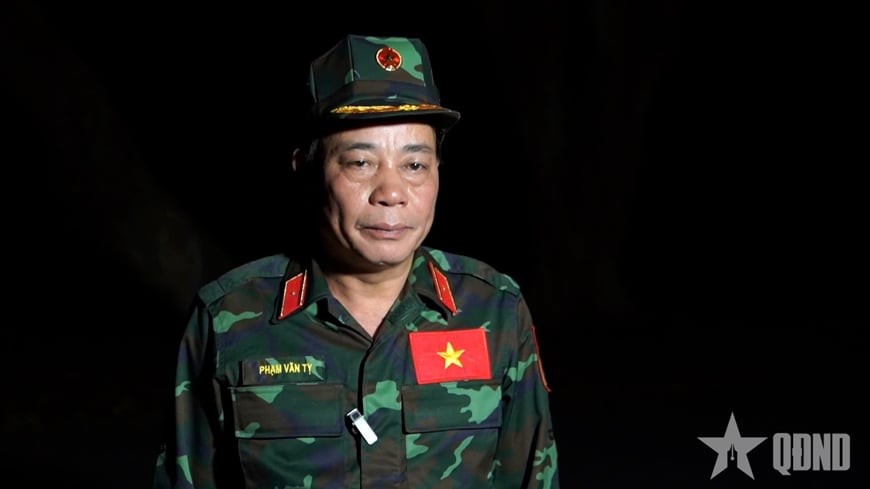







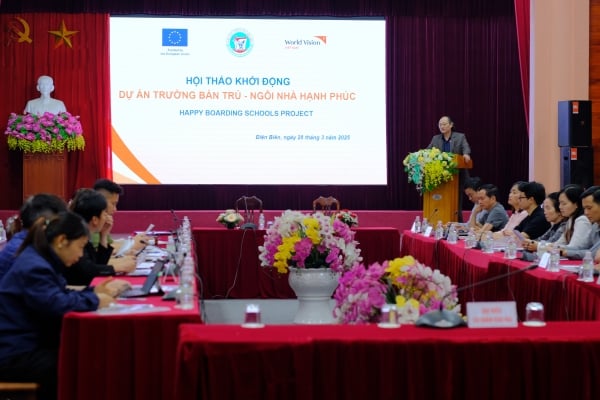
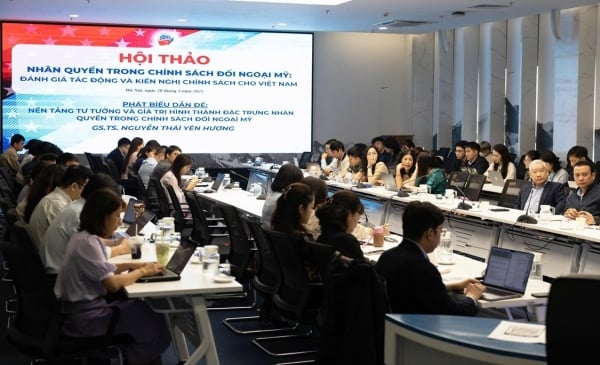




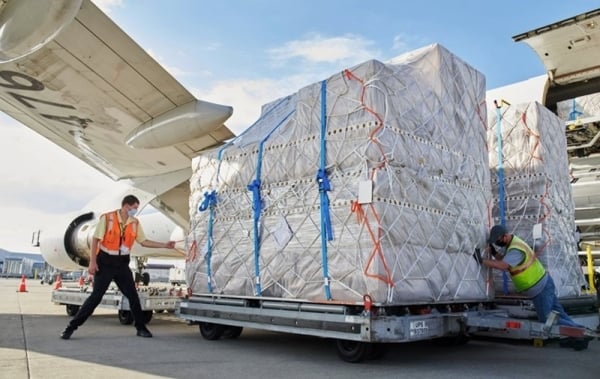



![[Photo] "Beauties" participate in the parade rehearsal at Bien Hoa airport](https://vstatic.vietnam.vn/vietnam/resource/IMAGE/2025/4/11/155502af3384431e918de0e2e585d13a)










































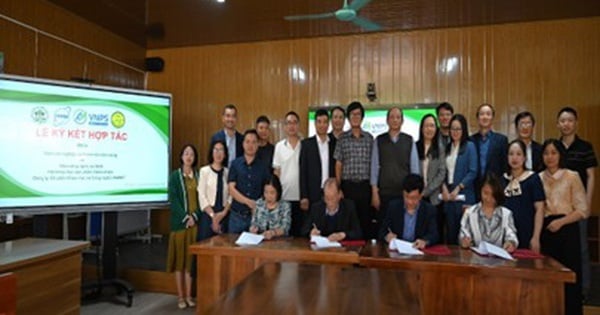

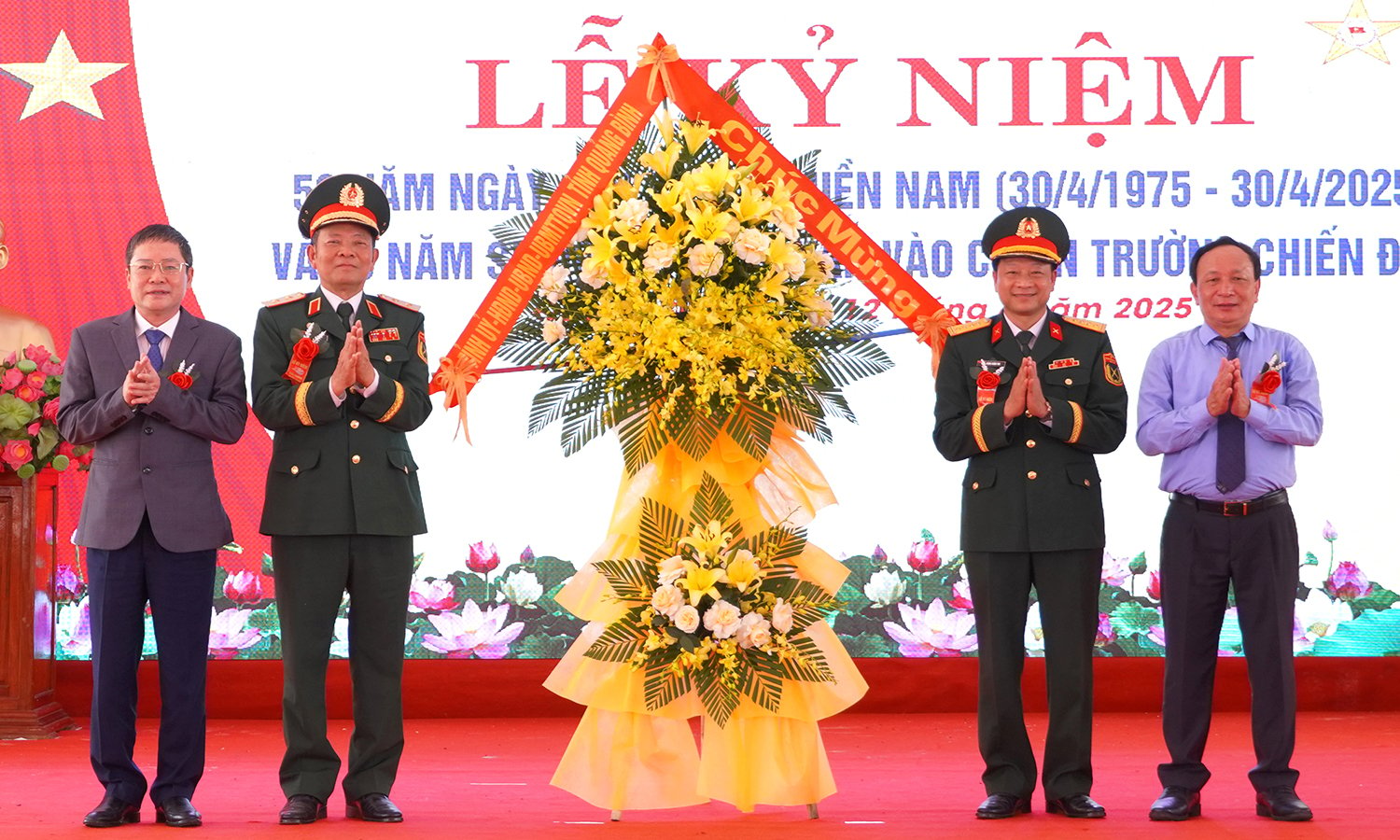
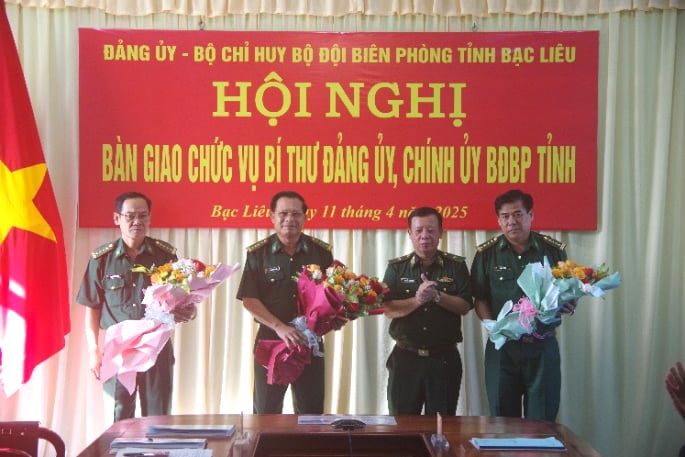
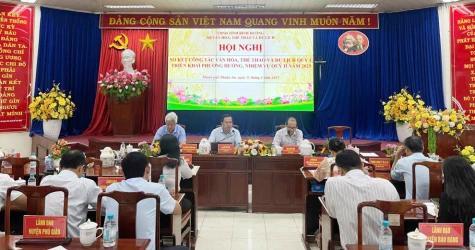


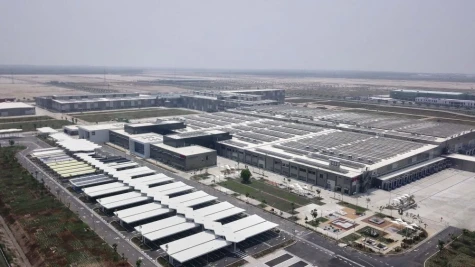
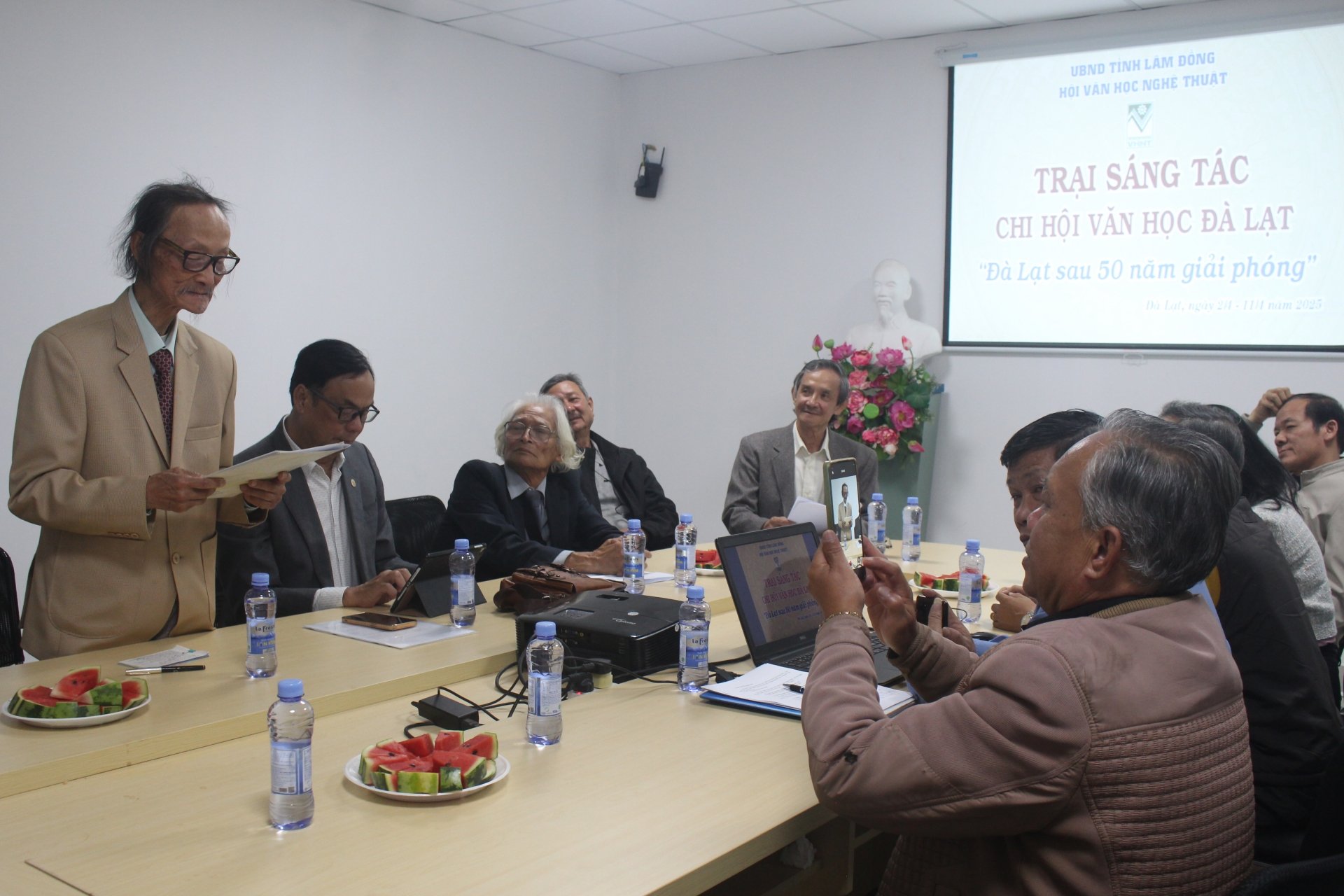











Comment (0)